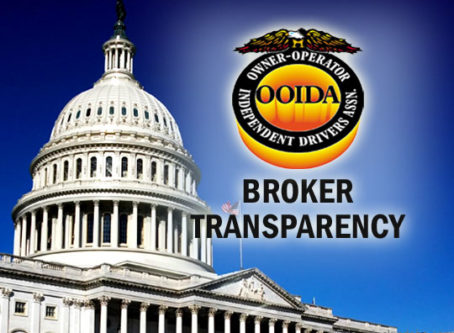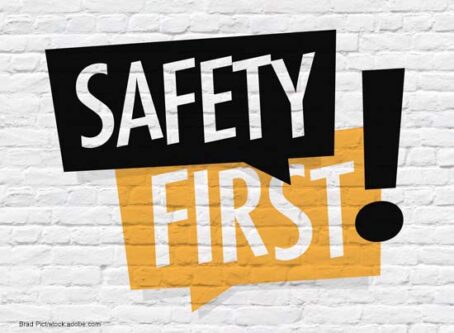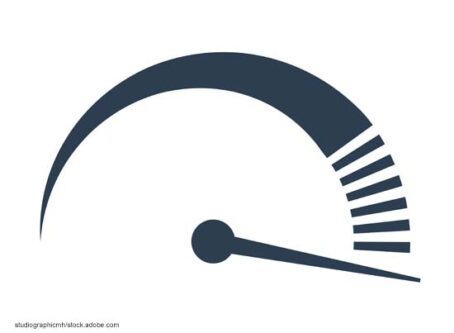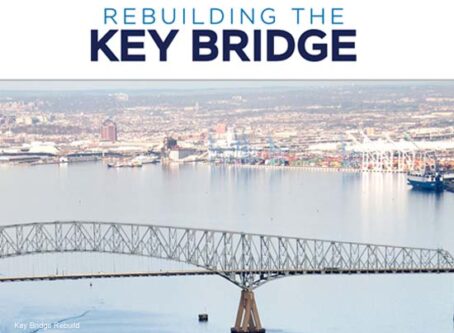Boston City Council considering congestion pricing
As New York City faces several lawsuits challenging its controversial congestion pricing plan, the Boston City Council will mull over a fee on motorists entering the city.
During a Boston City Council meeting on Wednesday, Feb. 14, Councilwoman Tania Fernandes Anderson introduced an order for a hearing to discuss the possibility of congestion pricing. Fernandes Anderson’s order opens the door for Boston to become the second city to implement the fee on motorists, assuming New York City’s current plan withstands legal challenges.
According to Fernandes Anderson, numerous constituents have complained about the narrowing of Boston streets as the city adds bus and bike lanes and as vehicle traffic continues to increase. Those narrowing streets can cause issues for emergency vehicles.
The councilwoman suggested that congestion pricing could be a viable option to alleviate traffic congestion and improve air quality in urban areas.
However, she also mentioned that underserved communities, including low-income residents, seniors and individuals with disabilities, could face “unique challenges.” The focus of her order is to hold a hearing that addresses “the potential effects of implementing congestion pricing on an underserved community with a vulnerable population within the city of Boston.”
According to the order: “A set fee placed on drivers of various vehicles could bring money and resources toward other elements of the community, reduce traffic, increase transit use and improve air quality, creating environmentally and eco-friendly solutions, as well as functioning as a tangible solution for those feeling preyed upon and thinking that the city is not hearing their feedback.”
In the official text of the order, Fernandes Anderson referred to New York City’s pending congestion pricing plan, claiming it is “showing itself to be a prospective viable option for implementation within Boston.”
“In Manhattan, NYC, the Traffic Mobility Review Board delivered a report to Metropolitan Transportation Authority of its positive nature, and the MTA says that congestion pricing, if implemented, would help raise millions of dollars for the MTA to utilize for upkeep, repair and maintenance,” Fernandes Anderson said in the order.
However, that report and the environmental assessment it is partly based on are at the center of several lawsuits challenging New York City’s congestion pricing plan. There are at least five lawsuits pending in federal courts that similarly argue transportation officials illegally expedited the environmental review process.
In June 2023, the federally required environmental assessment issued a “finding of no significant impact” for New York City’s proposed congestion pricing plan. Plaintiffs in all five lawsuits have claimed a more rigorous environmental impact study should have been conducted. Details of the toll structure were not released until last November.
All but two Boston City Council members sponsored the order for a hearing to discuss congestion pricing. Council members Erin Murphy and Edward Flynn did not sponsor the order. The matter has been referred to the Committee on Planning, Development and Transportation for further discussion.
While the city’s council seats are officially non-partisan, the council is dominated by Democrats.
In a statement, the Massachusetts Republican Party called congestion pricing “unsustainable and unfair” for people who have to drive to work in Boston.
Republicans also said that those undergoing cancer treatment at Boston hospitals would face substantial costs.
“We must adopt a realistic perspective on automobiles,” MassGOP Chairwoman Amy Carnevale said in a statement. “While Democrats often perceive cars as luxury items, they are, in fact, indispensable for Massachusetts residents. I implore the city council to prioritize measures that enhance Boston’s affordability rather than unfairly burdening those who do not share their political views through disproportionate taxation.”
Although Boston is only the 25th largest city by population in the U.S., its traffic congestion is among the worst in the world. According to Inrix’s Global Traffic Scorecard, it is the fourth most congested city, falling behind only London, Chicago and Paris. LL









